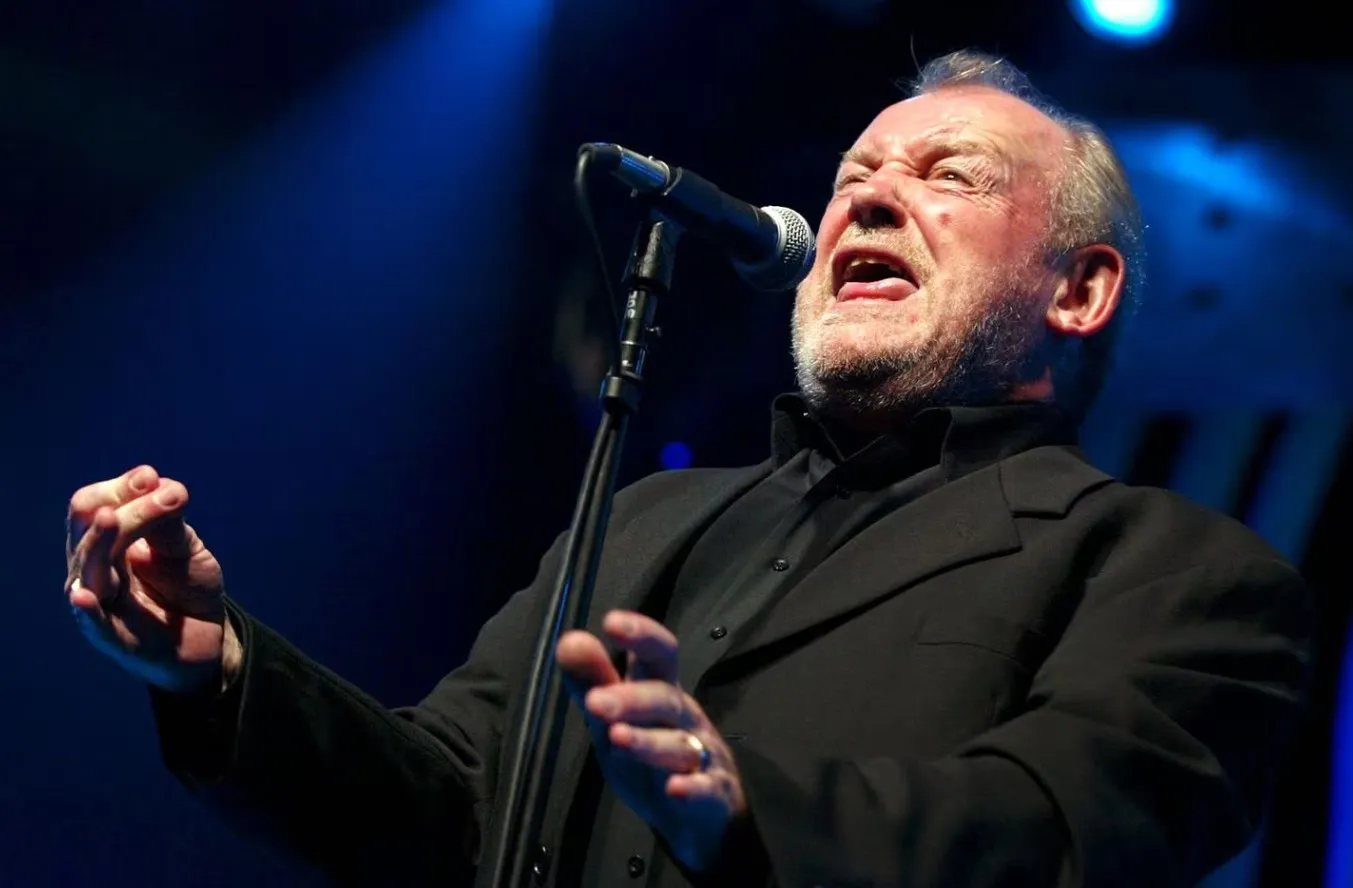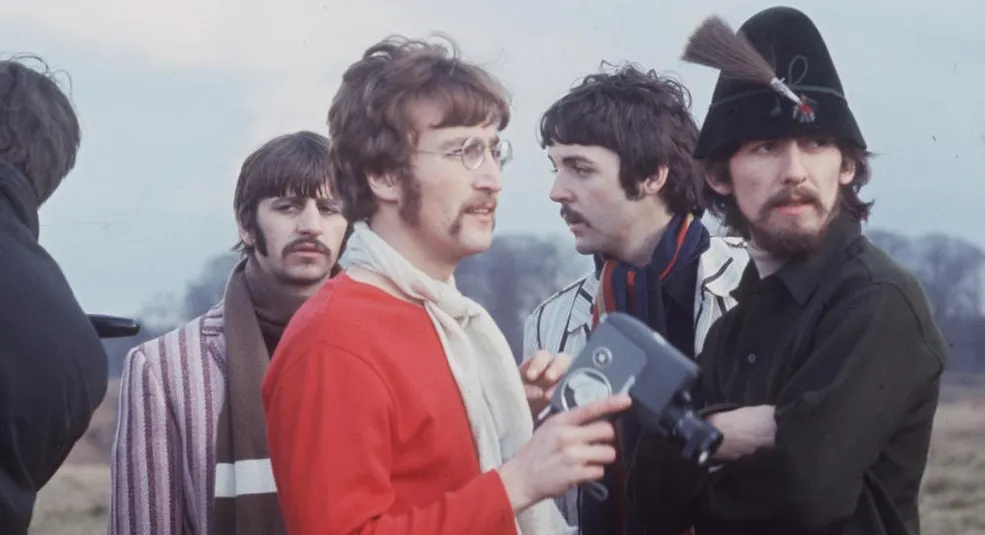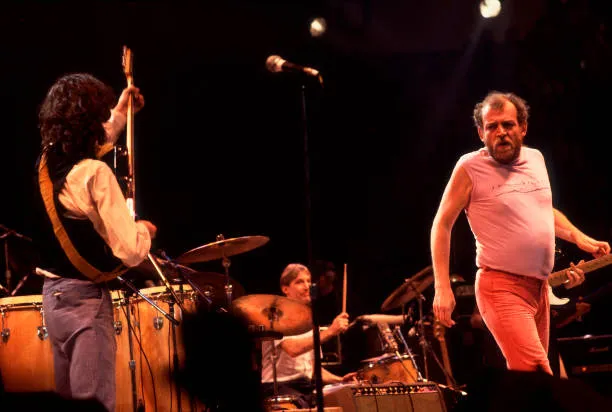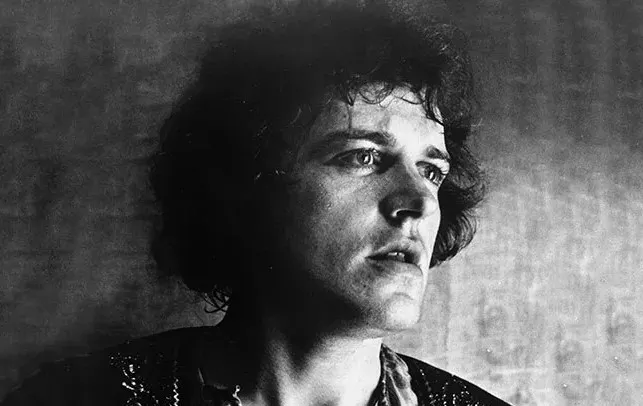Elvis Presley, the King of Rock and Roll, was known for his larger-than-life persona, his groundbreaking music, and his influence on popular culture. However, behind the glitz and glamour, Elvis had a complicated relationship with sleep, marked by irregular patterns and heavy reliance on prescription medication. In fact, Elvis could sleep for up to 14 hours a day, a habit that was both a symptom and a cause of various health issues throughout his life. This article delves into Elvis Presley’s sleep habits, exploring how his lifestyle, fame, and health problems contributed to his unusual sleep patterns.
The Nocturnal Life of Elvis Presley

Elvis Presley’s life was anything but ordinary. As one of the most famous and successful musicians in history, his daily routine was far from typical. Elvis was known for keeping nocturnal hours, often staying awake all night and sleeping during the day. This schedule was partly due to the demands of his career, including late-night performances, recording sessions, and appearances, but it was also influenced by his personal preferences.
Elvis enjoyed the quiet and solitude of the night, which allowed him to relax away from the pressures of fame. He would often stay up late watching television, playing music, or spending time with close friends and family. This nocturnal lifestyle, however, made it difficult for Elvis to maintain a regular sleep schedule, leading to increasingly erratic sleep patterns over time.
Prescription Medication and Sleep

One of the most significant factors affecting Elvis Presley’s sleep was his dependence on prescription medication. From the 1960s onwards, Elvis began taking a variety of medications to help him manage the physical and mental demands of his career. These included amphetamines to keep him awake and alert during the day and barbiturates to help him sleep at night. Unfortunately, this cycle of medication had a profound impact on his overall health and well-being.
Elvis’s reliance on pills to regulate his sleep meant that he often struggled to fall asleep naturally. When he did manage to sleep, it was not uncommon for him to sleep for up to 14 hours at a time. This excessive sleep was likely due to the sedative effects of the barbiturates he took, which could leave him feeling groggy and disoriented upon waking. Over time, this cycle of drug-induced sleep and wakefulness took a toll on his body, leading to increasing dependence on medication and worsening health problems.
The Impact of Sleep Deprivation
Despite sleeping for long periods, Elvis Presley often suffered from sleep deprivation. The quality of his sleep was frequently poor due to the effects of the medications he was taking. This poor-quality sleep, combined with the stress of his career and personal life, contributed to a range of physical and mental health issues.
Elvis was known to wake up irritable and confused after sleeping for long hours, a common side effect of excessive barbiturate use. This irritability and confusion could make it difficult for him to function during the day, further exacerbating his reliance on stimulants to stay awake. Over time, this vicious cycle of sleep deprivation and medication abuse contributed to the decline of Elvis’s health, leading to a range of issues, including weight gain, mood swings, and cardiovascular problems.
The Role of Fame in Elvis’s Sleep Problems
Elvis Presley’s fame played a significant role in his sleep problems. As one of the most recognizable figures in the world, Elvis faced immense pressure to maintain his public image and meet the demands of his fans and the entertainment industry. This pressure often left him feeling anxious and stressed, making it difficult for him to relax and sleep naturally.
In addition to the psychological stress of fame, Elvis’s lifestyle also contributed to his sleep issues. His late-night performances, irregular schedule, and frequent travel disrupted his circadian rhythm, the body’s internal clock that regulates sleep-wake cycles. The constant change in time zones and environments made it even more challenging for Elvis to maintain a consistent sleep schedule, further exacerbating his reliance on medication.
Health Consequences of Elvis’s Sleep Habits

Elvis Presley’s sleep habits had serious consequences for his health. The combination of excessive sleep, poor sleep quality, and dependence on prescription medication contributed to a range of physical and mental health problems. Some of the most significant health issues related to his sleep habits included:
Cardiovascular Problems: The use of stimulants and sedatives can have a significant impact on the cardiovascular system, increasing the risk of heart disease. Elvis’s sleep problems, combined with his weight gain and other lifestyle factors, contributed to the development of cardiovascular issues, which ultimately led to his untimely death.
Mental Health Issues: The irregular sleep patterns and reliance on medication also took a toll on Elvis’s mental health. He suffered from mood swings, depression, and anxiety, all of which were exacerbated by his sleep problems. The stress of fame and the pressures of his career only added to these mental health challenges.
Addiction: Elvis’s dependence on prescription medication to regulate his sleep led to a cycle of addiction that was difficult to break. Over time, he needed higher doses of medication to achieve the same effects, which increased the risk of overdose and other serious health complications.
Weight Gain: Poor sleep quality and excessive sleep can disrupt the body’s metabolism, leading to weight gain. Elvis struggled with his weight in the later years of his life, a problem that was likely exacerbated by his sleep habits and reliance on medication.
The Final Years: Sleep and Decline
In the final years of his life, Elvis Presley’s sleep problems became more pronounced. His reliance on medication increased, and his health continued to deteriorate. He was often seen sleeping during the day and staying awake all night, a pattern that had become deeply ingrained in his routine. The physical and mental toll of his sleep issues, combined with the demands of his career, ultimately led to his decline.
On August 16, 1977, Elvis Presley passed away at the age of 42. While the official cause of death was a heart attack, it is widely believed that his sleep problems and dependence on prescription medication played a significant role in his untimely death. The King of Rock and Roll had become a prisoner of his own fame and lifestyle, with his sleep habits serving as a tragic reminder of the toll that fame can take on even the most legendary figures.
The Legacy of Elvis Presley’s Sleep Struggles

Elvis Presley’s sleep habits offer a glimpse into the challenges faced by one of the most iconic figures in music history. His reliance on medication, irregular sleep patterns, and the pressures of fame all contributed to a complicated and ultimately harmful relationship with sleep. While Elvis remains a beloved and influential figure in popular culture, his struggles with sleep serve as a cautionary tale about the dangers of addiction, the impact of fame, and the importance of maintaining a healthy lifestyle.
For fans of Elvis Presley, understanding the complexities of his life, including his sleep struggles, adds depth to the legacy of a man who was not only a musical genius but also a deeply human figure with his own set of challenges. As we continue to celebrate Elvis’s contributions to music and culture, it is important to remember the personal battles he faced, including his struggle to find peace and rest in a life that was anything but ordinary.
The story of Elvis Presley is a reminder that even the greatest stars are not immune to the pressures of fame and the challenges of maintaining a healthy lifestyle. In the end, the King’s struggle with sleep is a testament to the enduring impact of his life and the lessons that can be learned from his experiences.



